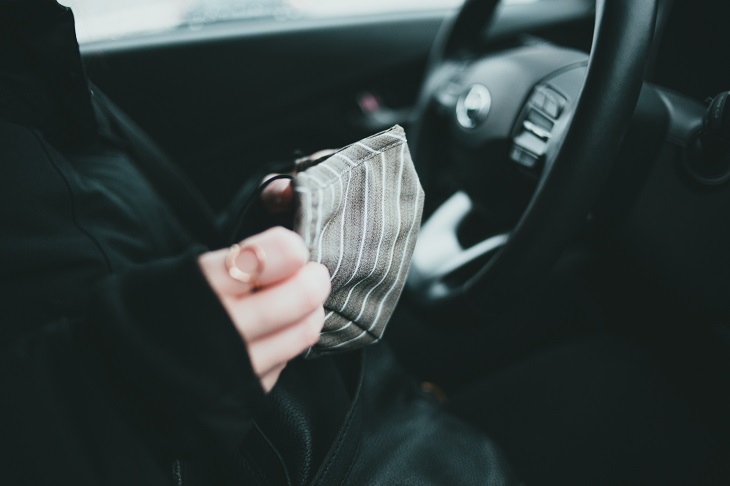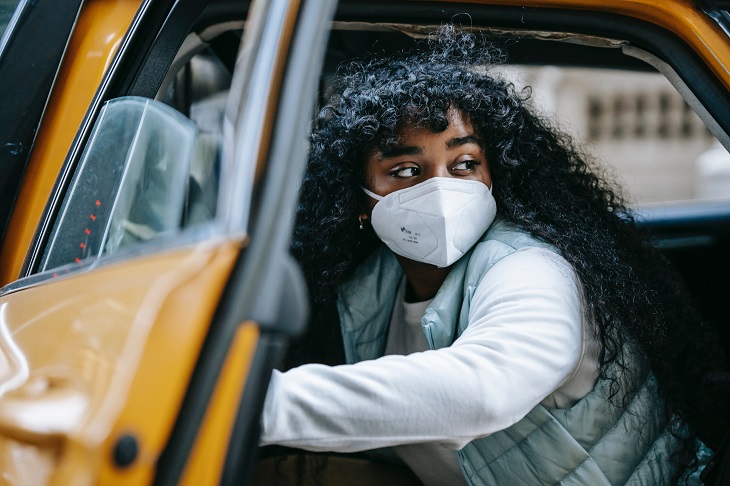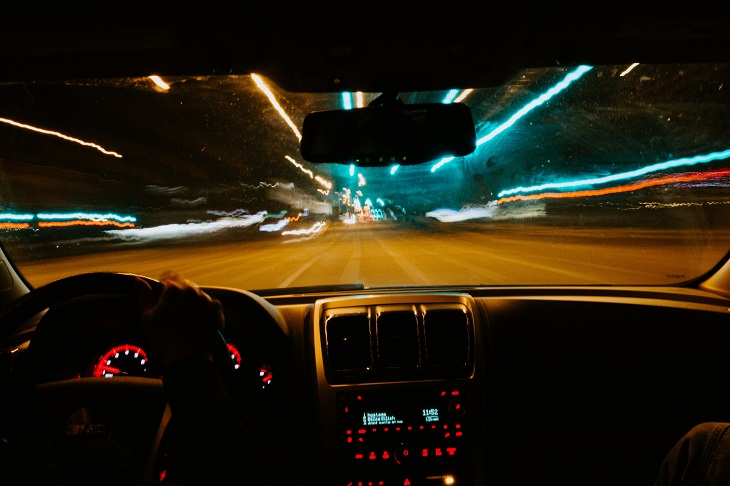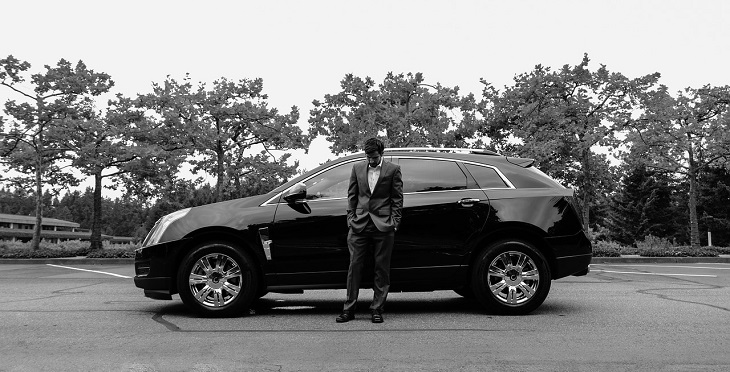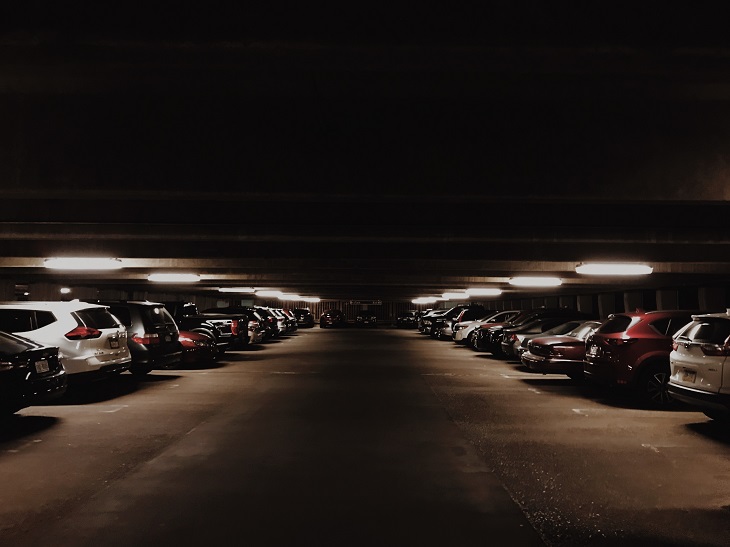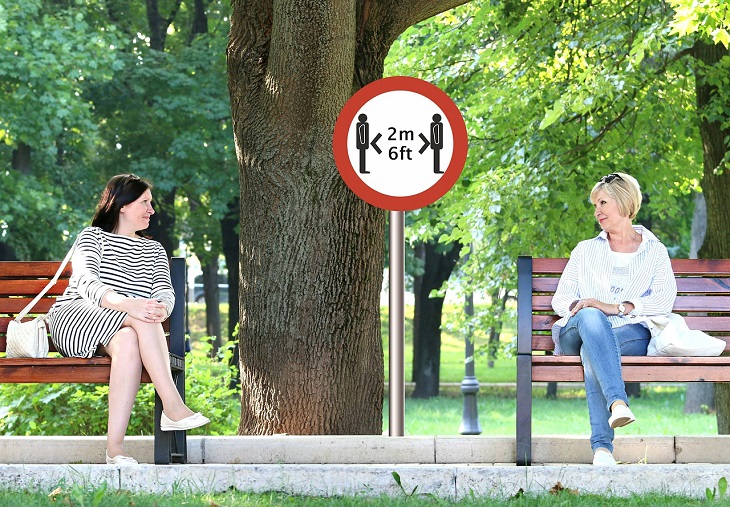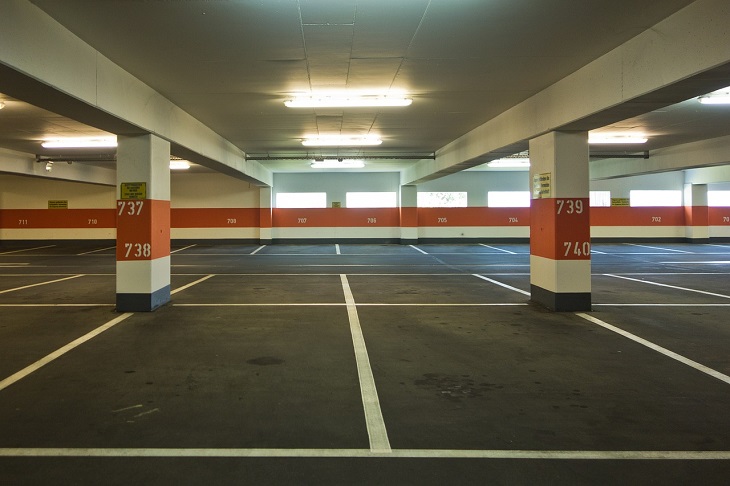For people with disabilities, having an up-to-date handicap parking permit is of the utmost importance. That permit allows them to access places they need or want to go without putting further strain on their medical condition. Handicap parking is given to people with disabilities so they can perform daily chores or enjoy leisure activities the same as those without disabilities.
When a person first gets their handicap placard, they have to go through a process of getting approved, applying for, and obtaining the permit. Handicap placards have an expiry date and need to be renewed before this date if they are still to be used.
Since a handicap permit is not permanent, some people with disabilities may be wondering how to renew theirs, especially in the wake of COVID-19. So, how do you renew your permit during COVID-19? And can you renew at all if you have an active COVID-19 infection?
Can I park with an expired handicap permit during COVID-19?
COVID-19 has posed some challenges for everyone, but for people with disabilities, those challenges may have been felt tenfold. This is especially true if someone’s chronic condition affects the way their immune system functions. Since a healthy immune system is vital to fighting off COVID-19, many with compromised immunity may have been isolated even further than those without a chronic disease.
One thing that may make the COVID-19 pandemic more difficult for people with disabilities is parking permit expiry. Depending on when you first got your permit (or last renewed it), it could have expired sometime throughout the pandemic. It’s hard to determine whether or not people with expired placards can still park in disabled places during the COVID-19 pandemic, because there are different rules and regulations surrounding handicap parking in each state. Some states have become more lenient with the rules because of the unforeseen circumstances, while others have not.
If you have an expired placard that has yet to be renewed, it’s important to check with your local parking authority whether you can still use it if it’s expired, or you may risk getting a ticket.
How to renew handicap placard during COVID-19
The best way to renew your handicap placard during COVID-19 may differ depending on where you live and how quickly the virus is spreading throughout your community. Many government services have been shut down at points during the pandemic or service has slowed significantly, making renewal of a handicap placard more difficult. To renew your placard, you can submit a request for renewal to your local parking authorities, either mail or by phone, up to 45 days prior to the expiration date.
The option for submitting a request is great for people with disabilities who want to avoid going into any center that could increase their risk of contracting COVID. If you have an active COVID-19 infection, you’re required to self-isolate so you don’t spread the virus to others. For a person with an active infection, renewing online is the best bet.

How to renew handicap placard online
There are ways to apply for a permit renewal online that can be done from the comfort and safety of your own home while you are fighting off a COVID-19 infection. While state governments typically offer renewal requests via mail or over the phone, Dr. Handicap can help you apply online.
The easy online process gives you the opportunity to renew your handicap placard while keeping yourself and others safe from further spread of COVID-19. On the Dr. Handicap website, all you have to do is create an account and follow the simple online application process.
COVID-19 numbers continue to ease in many places, with more and more restrictions being lifted, and many people are seeing this as a light at the end of the two-year pandemic tunnel. That being said, the virus is still out there and if you are infected, you need to do everything you can to avoid becoming part of the spread.
Featured image by Isaac Iverson on Unsplash

